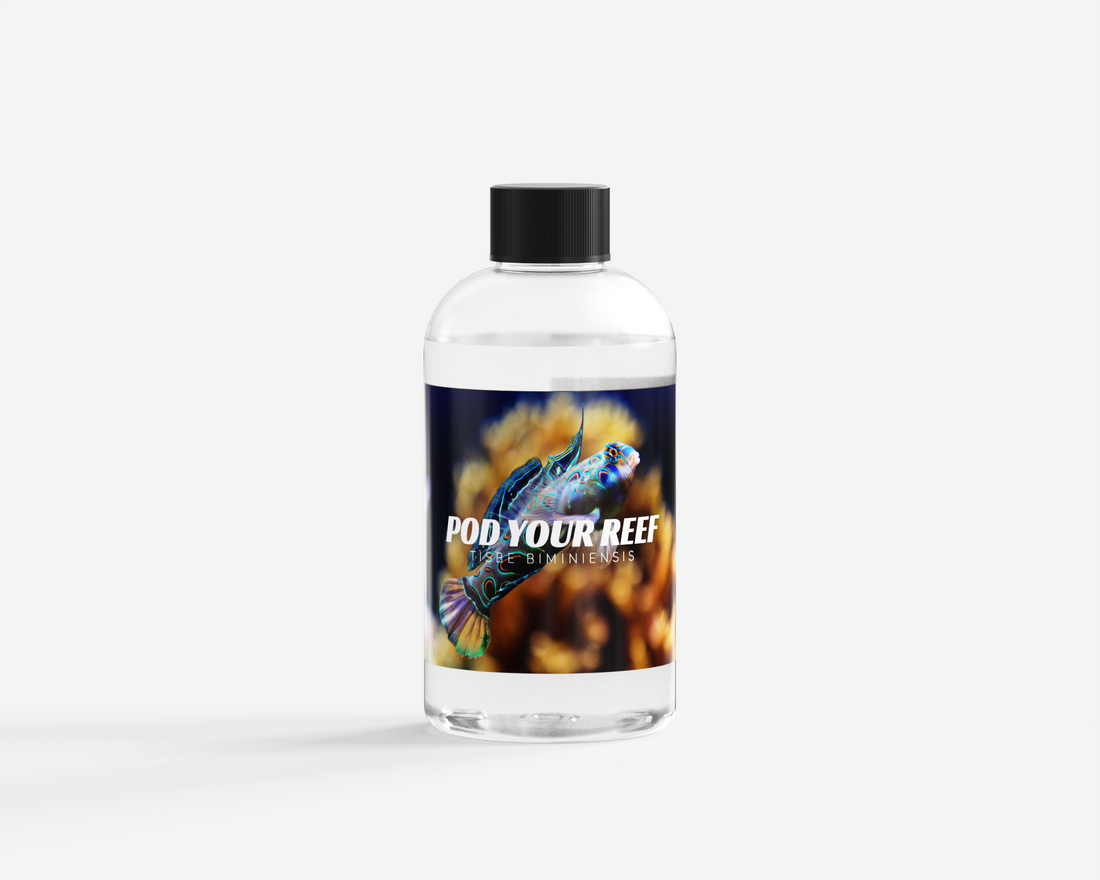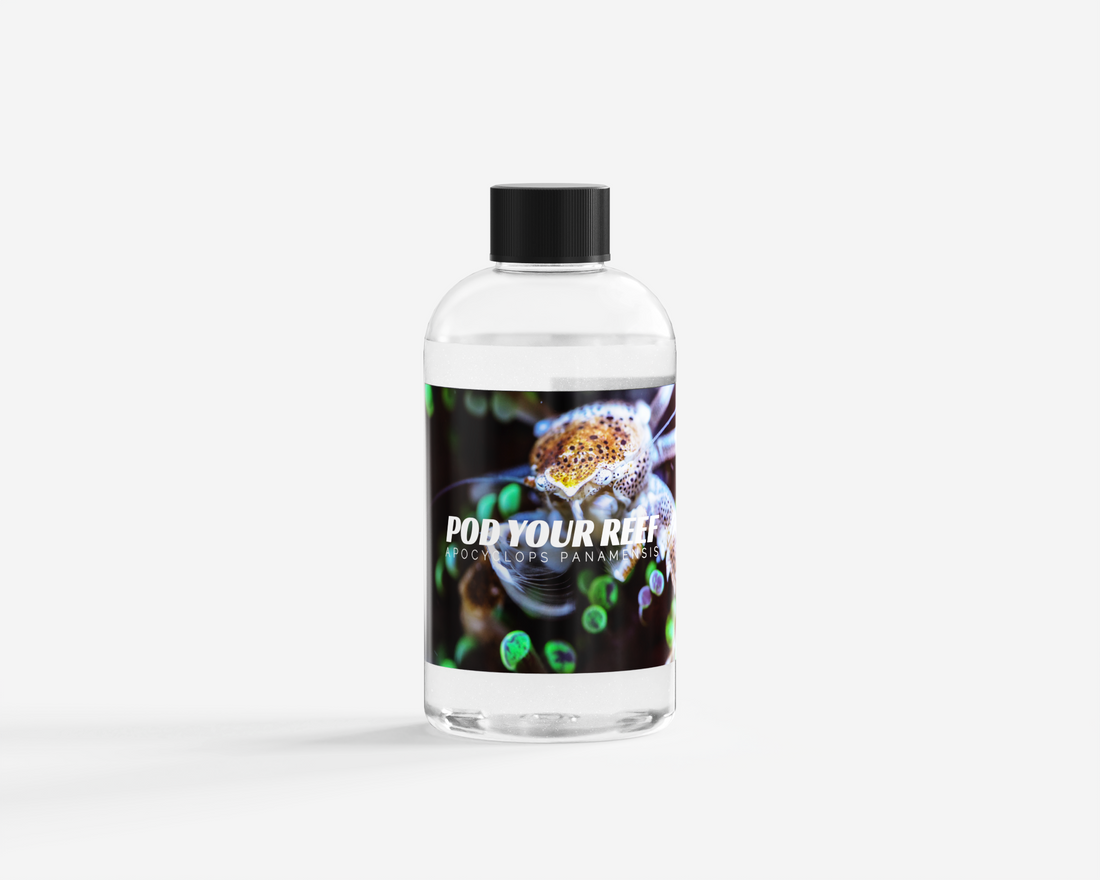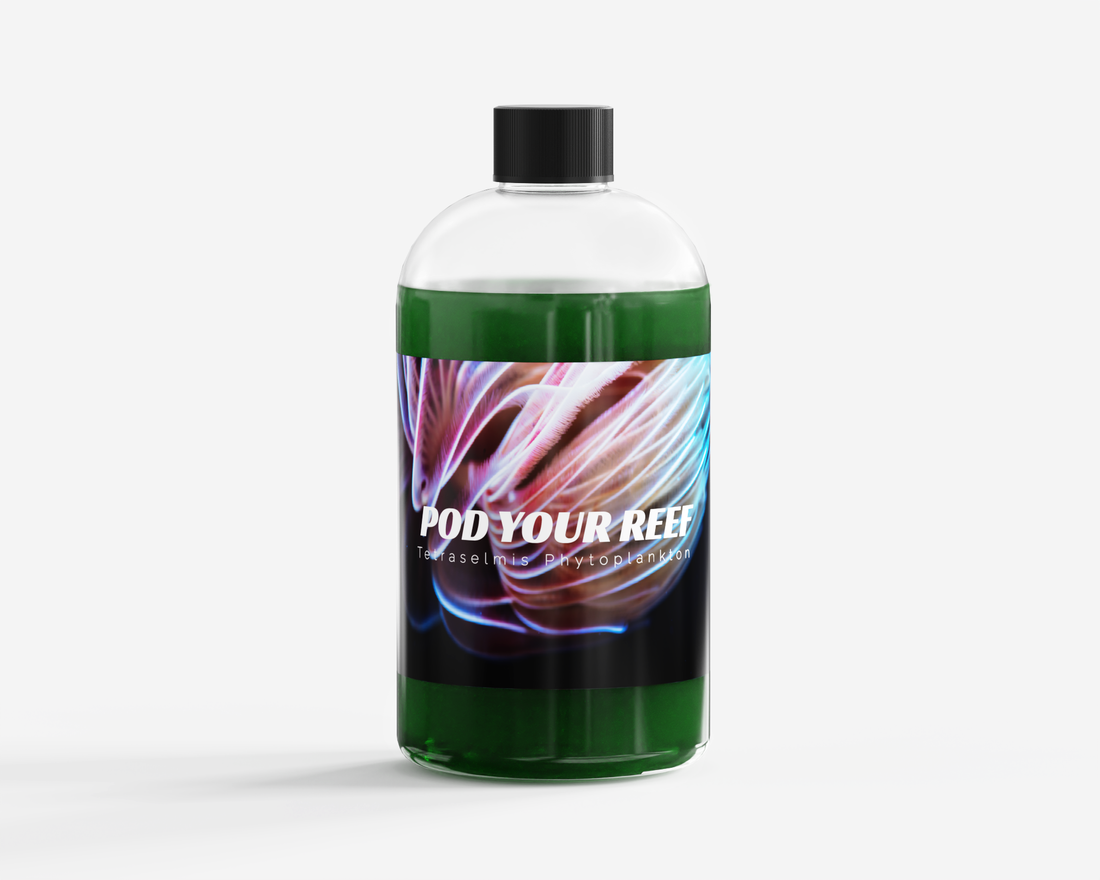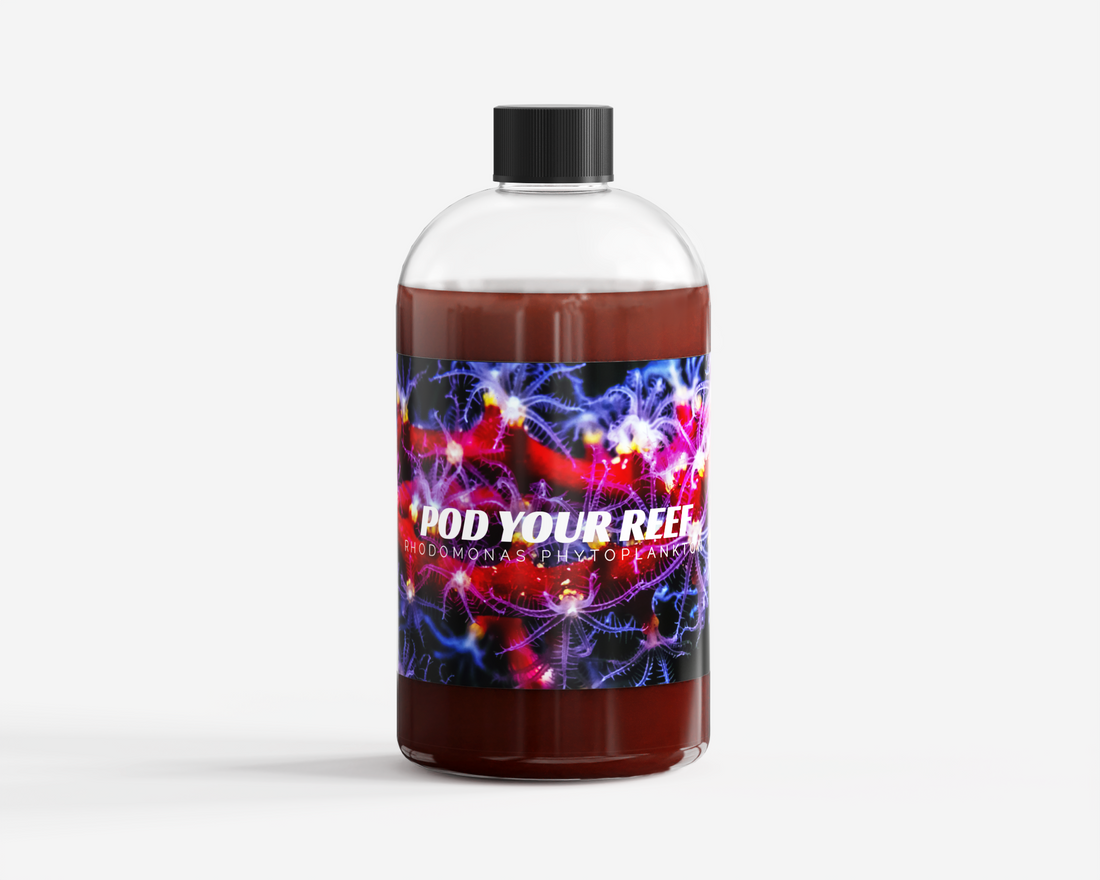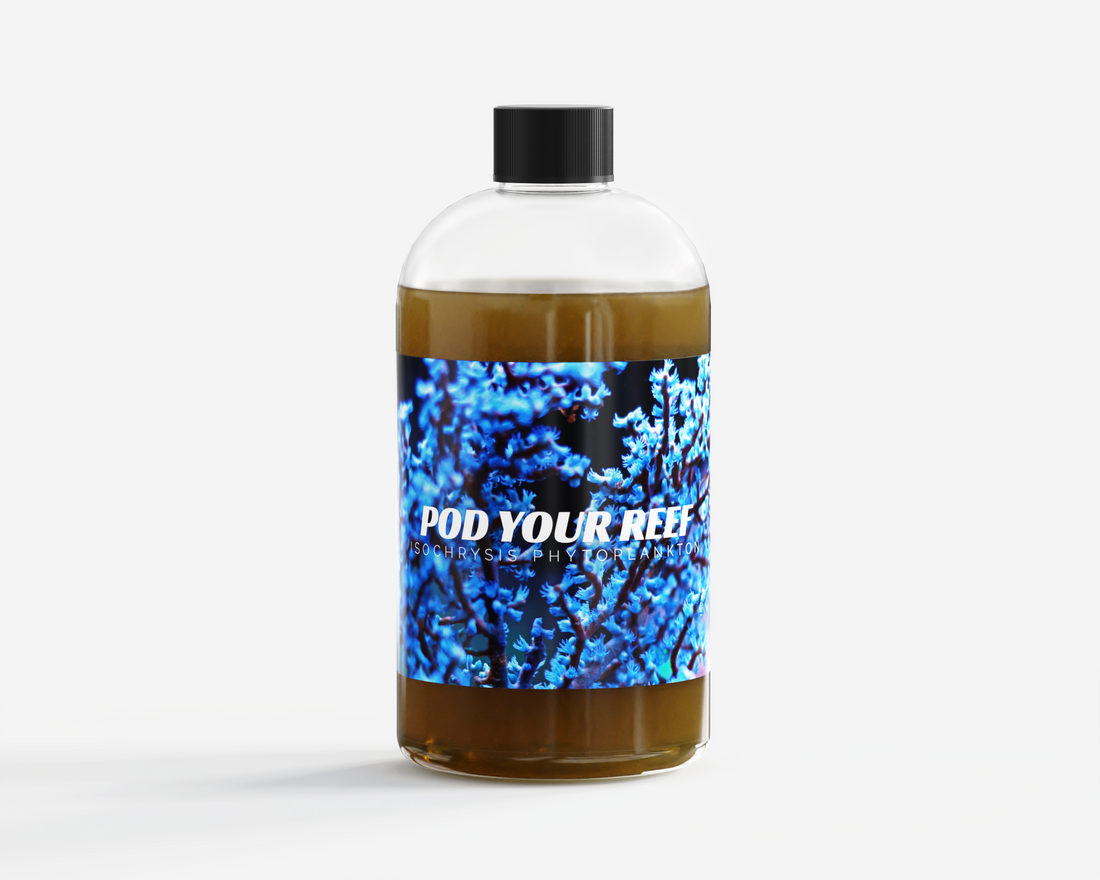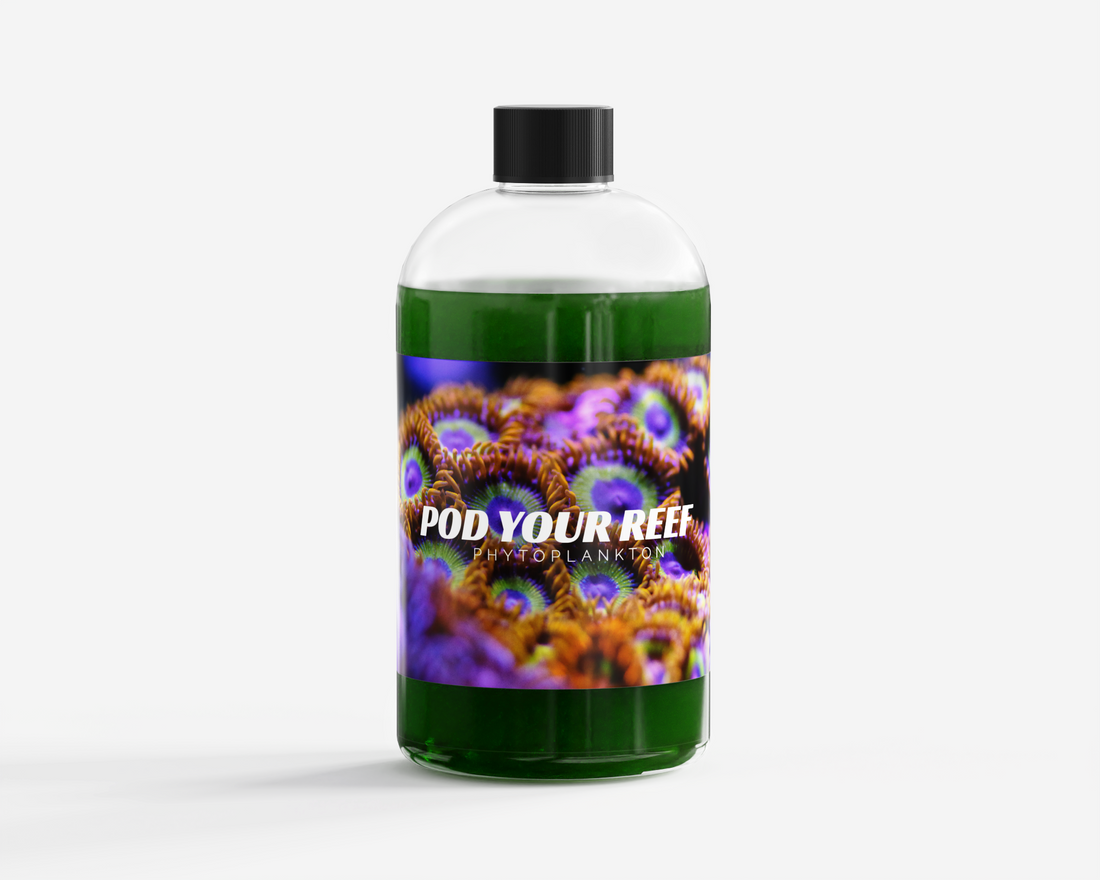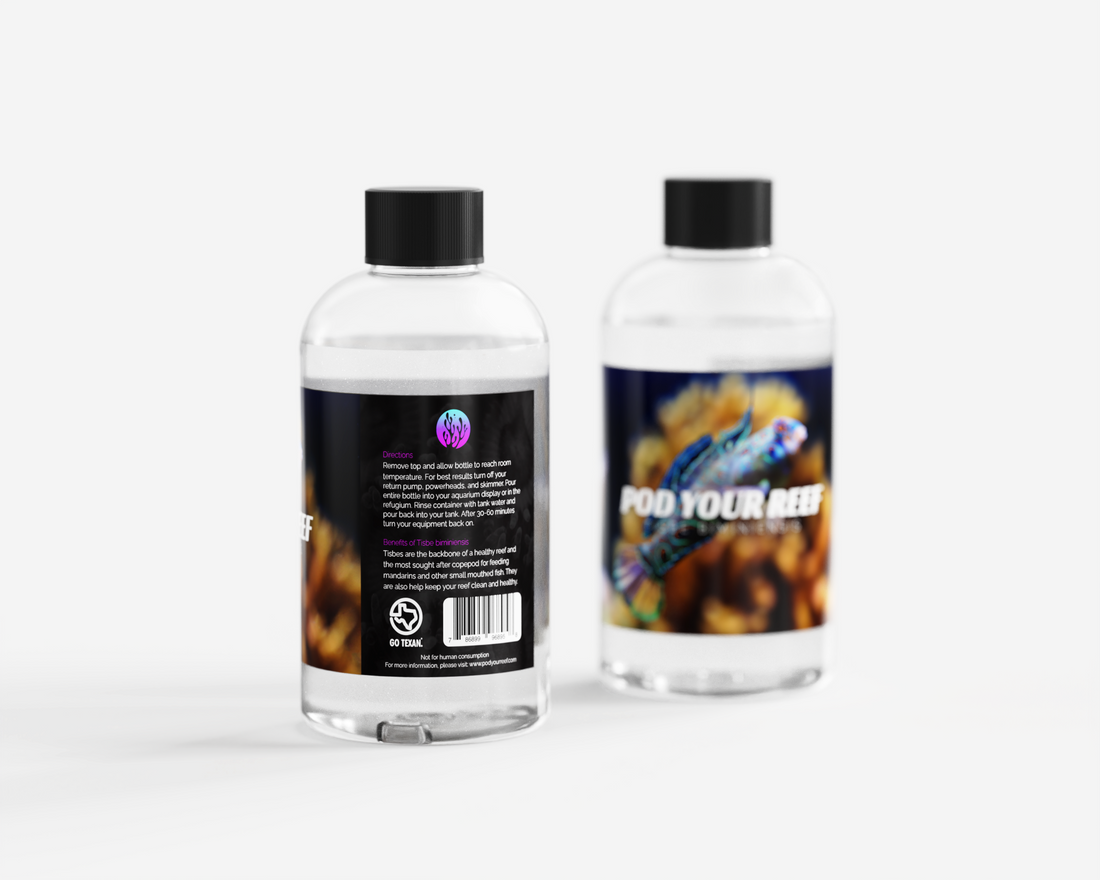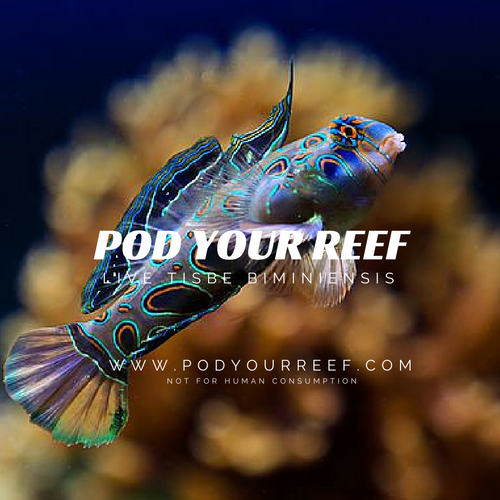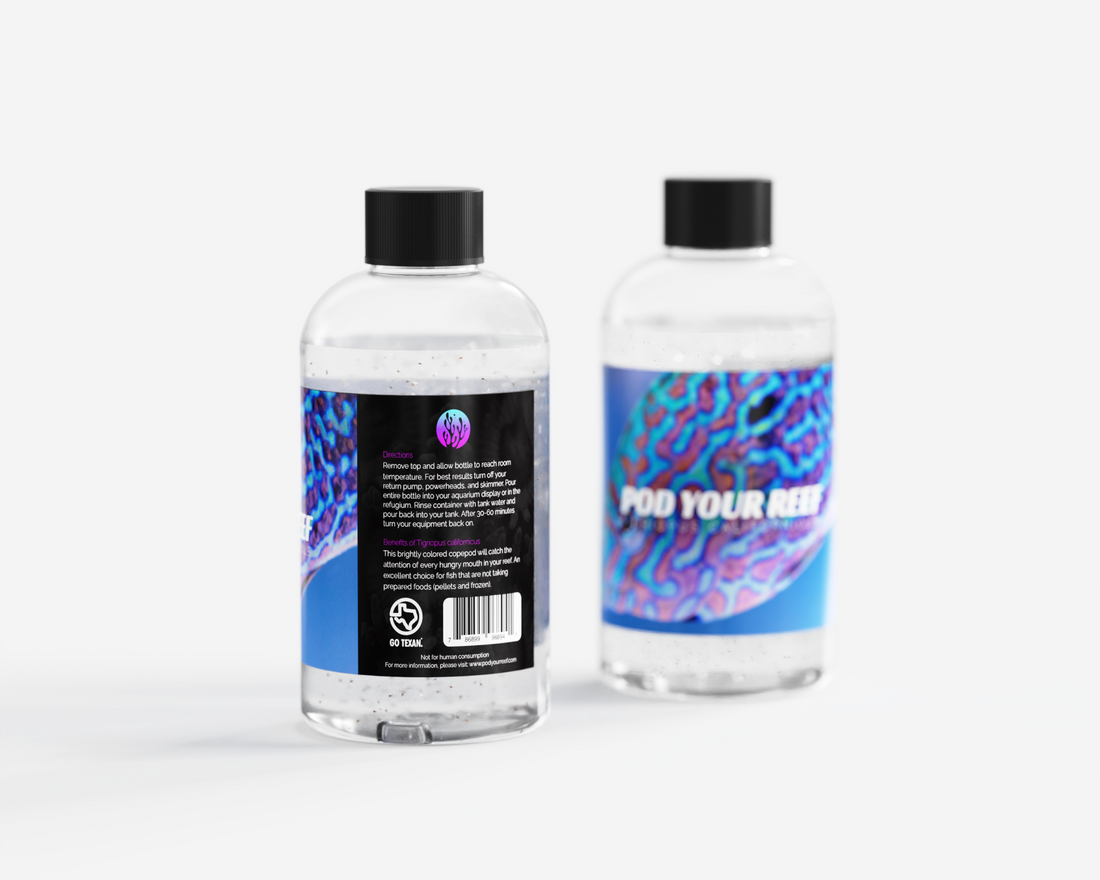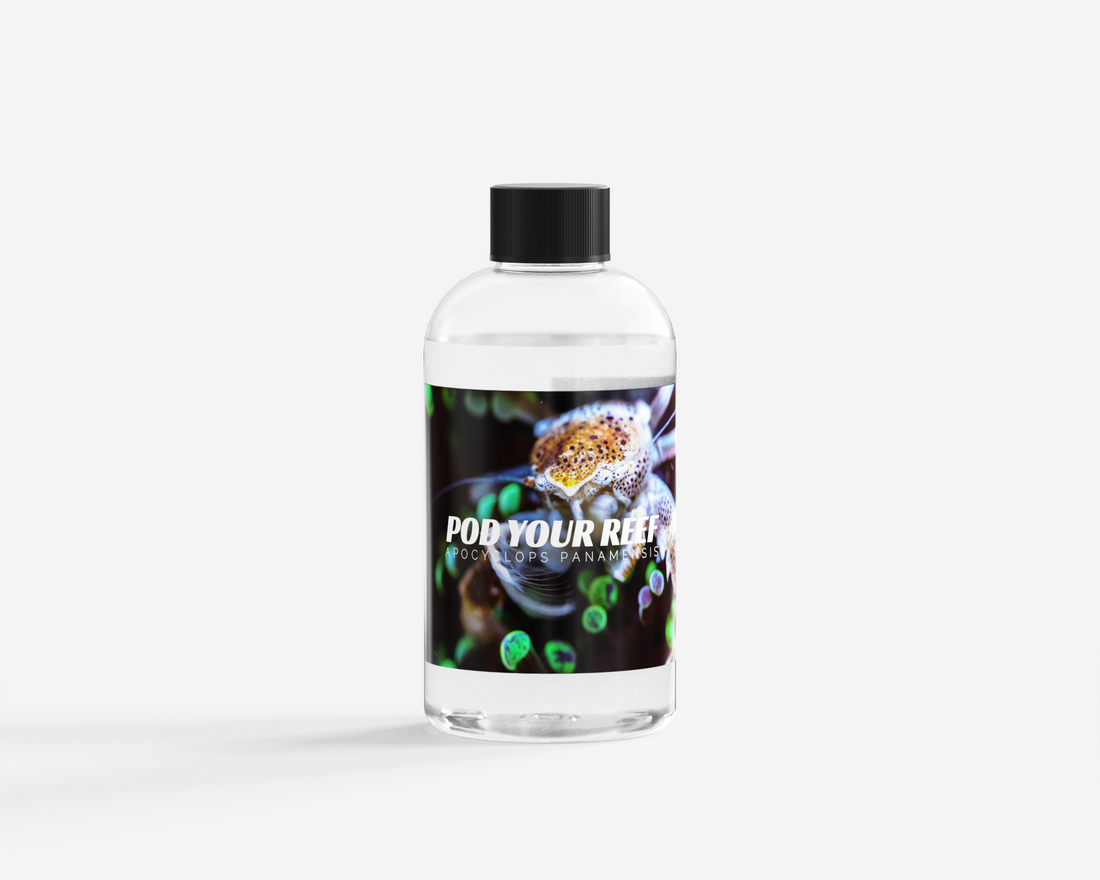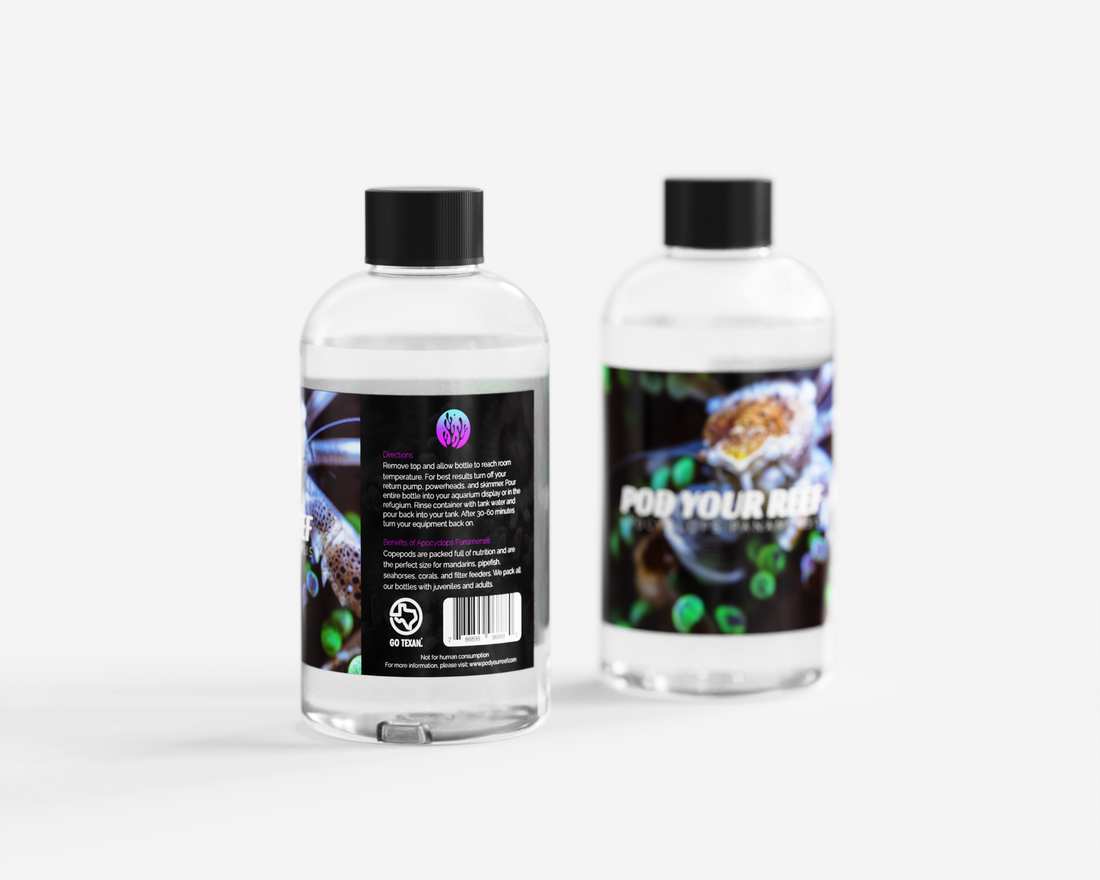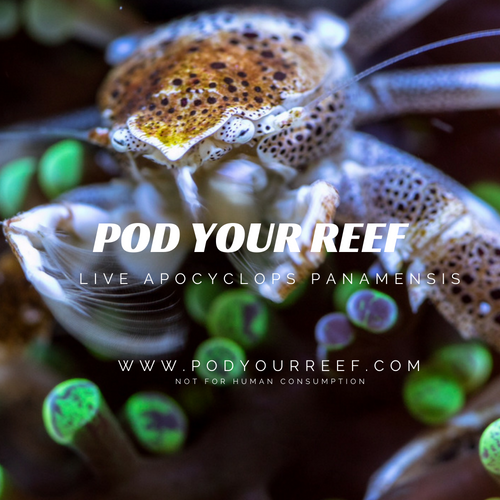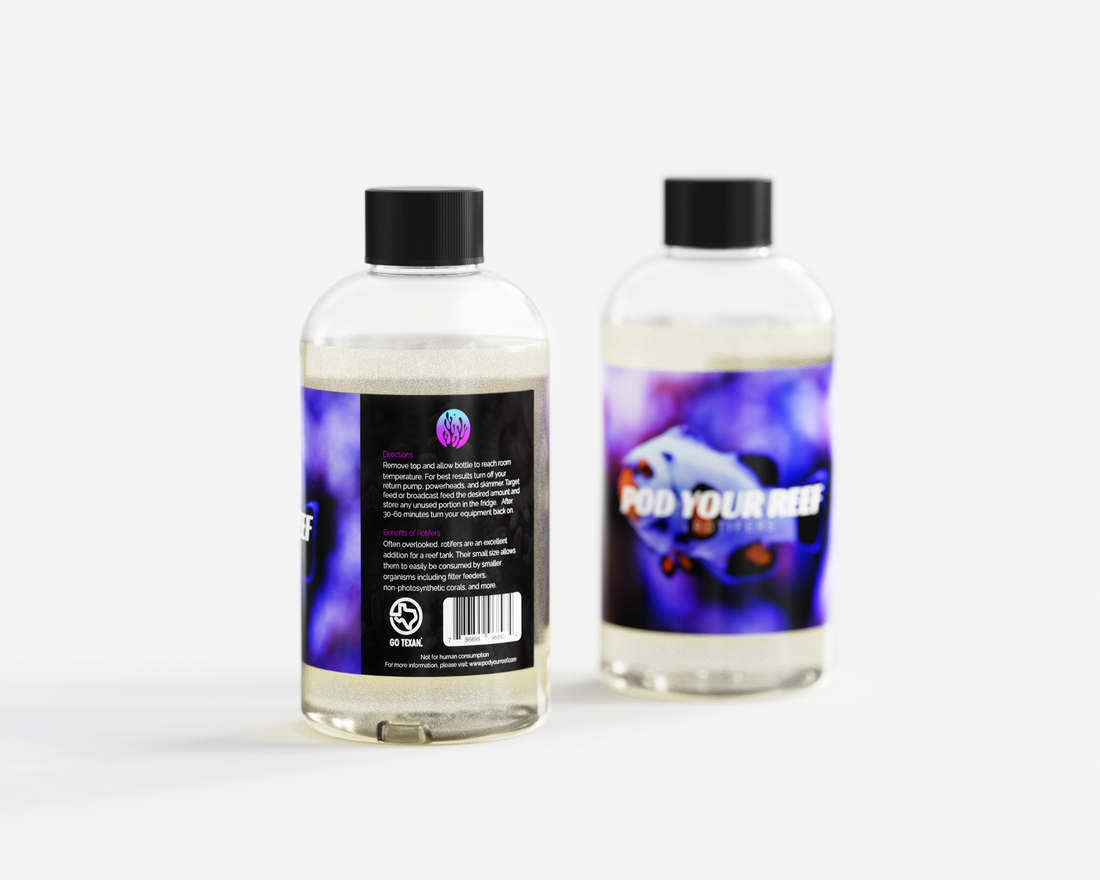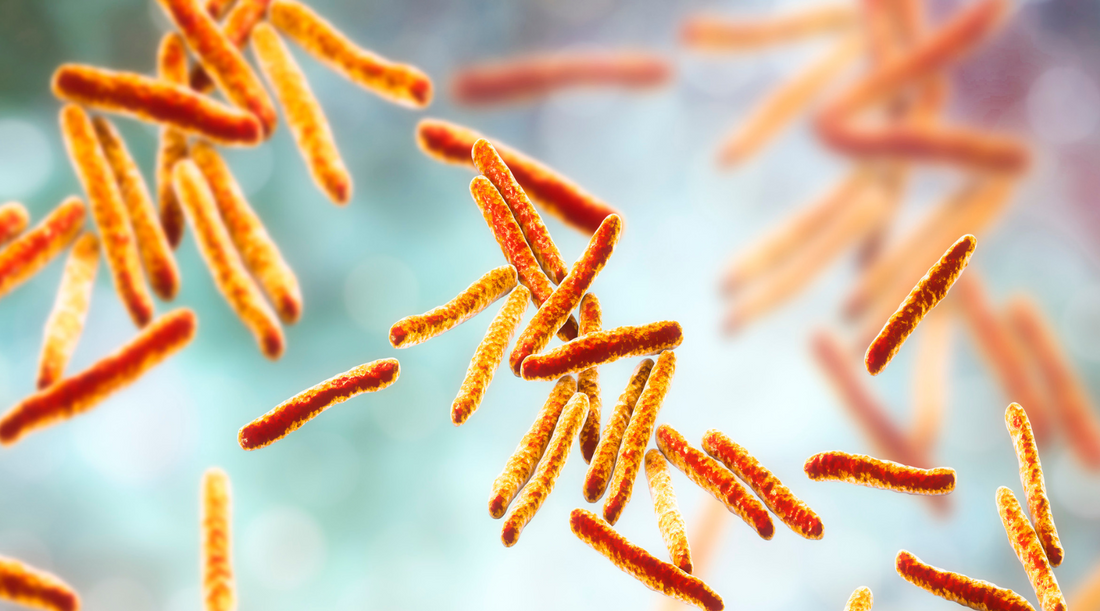
Care
The Importance of Bacterioplankton for the Ocean's Reefs
The Importance of Bacterioplankton for the Ocean's Reefs
Bacterioplankton, also known as bacterial plankton, are tiny bacteria that live in the oceans and other bodies of water. These microorganisms are an important part of the marine ecosystem, playing a crucial role in the health of the ocean's reefs.
Bacterioplankton are a diverse group of bacteria, including both photosynthetic and heterotrophic species. The photosynthetic bacterioplankton, also known as cyanobacteria, are able to produce their own food through photosynthesis, using sunlight as a source of energy. Heterotrophic bacterioplankton, on the other hand, rely on organic matter for their energy and are responsible for breaking down dead plant and animal material in the oceans.
One of the key ways that bacterioplankton help the ocean's reefs is by providing a source of nutrition for other marine organisms. The photosynthetic bacterioplankton produce oxygen and organic compounds through photosynthesis, which can be used as food by other marine plants and animals. Heterotrophic bacterioplankton, meanwhile, help to recycle nutrients by breaking down dead organic matter and releasing them back into the water.
In addition to providing a source of nutrition, bacterioplankton also play a key role in the ocean's carbon cycle. As they photosynthesize, cyanobacteria remove carbon dioxide from the water, helping to regulate the levels of this greenhouse gas in the ocean. This process also helps to mitigate the effects of climate change by reducing the amount of carbon dioxide in the atmosphere.
Overall, bacterioplankton are a vital part of the ocean's ecosystem, providing nutrition and support for the health of the ocean's reefs. Without these tiny bacteria, the ocean's delicate balance would be disrupted, leading to negative consequences for marine life and the health of the planet.

